Traveling is no fool's errand to him who carries his eyes and itinerary along with him
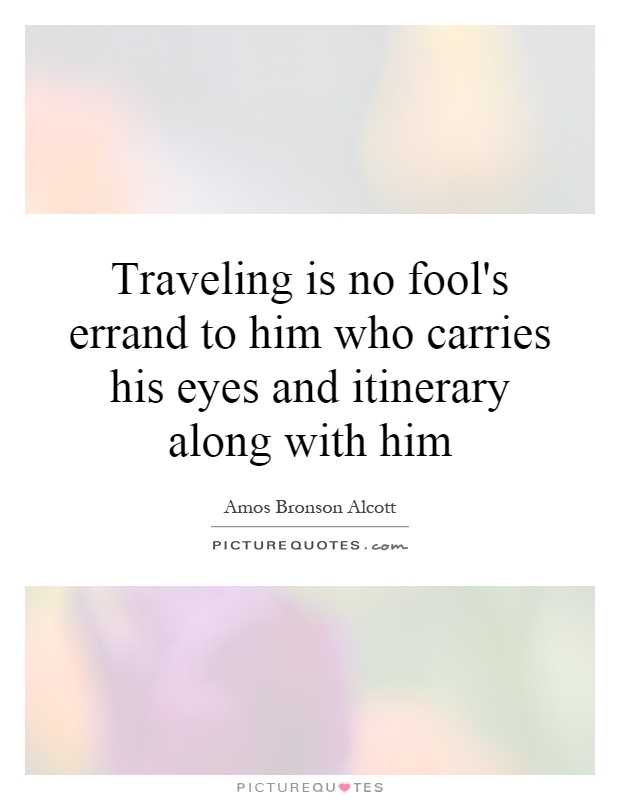
Traveling is no fool's errand to him who carries his eyes and itinerary along with him
Amos Bronson Alcott, an American teacher, writer, and philosopher, was a firm believer in the transformative power of travel. He understood that traveling was not just about visiting new places, but about gaining new perspectives and insights that could enrich one's life. In his view, a traveler who approached their journey with an open mind and a sense of purpose could truly benefit from the experience.Alcott's quote, "Traveling is no fool's errand to him who carries his eyes and itinerary along with him," encapsulates his belief that a successful journey requires both observation and planning. To Alcott, simply moving from one place to another was not enough; one had to actively engage with their surroundings and seek out new experiences in order to truly benefit from the journey.
For Alcott, carrying one's eyes meant being attentive and curious about the world around them. It meant taking the time to observe and appreciate the beauty and diversity of the places they visited. By being present and mindful during their travels, Alcott believed that individuals could gain a deeper understanding of themselves and the world.
Similarly, carrying one's itinerary meant having a sense of purpose and direction during the journey. While spontaneity and flexibility are important aspects of travel, Alcott believed that having a plan and goals for the trip could help travelers make the most of their time and resources. By setting intentions and objectives for their journey, individuals could ensure that they were actively engaging with their surroundings and seeking out meaningful experiences.
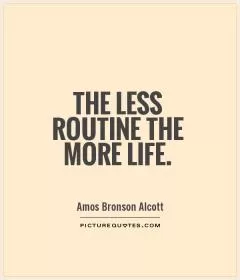

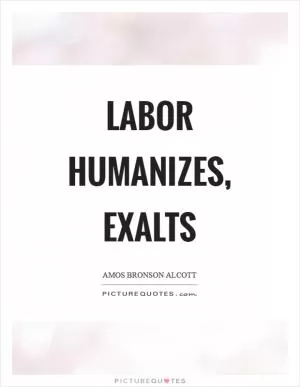
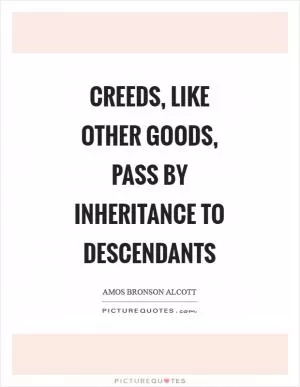
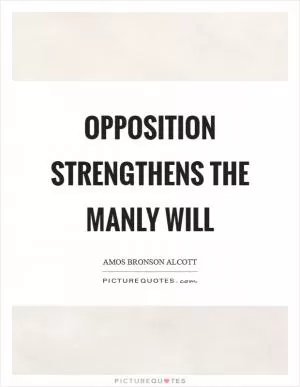
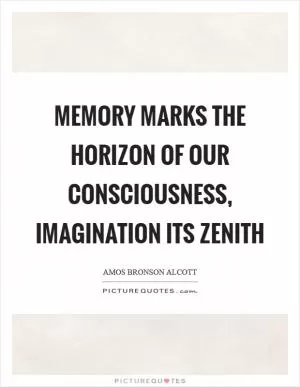
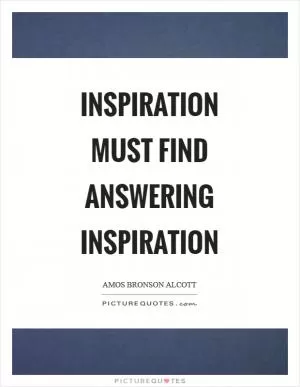
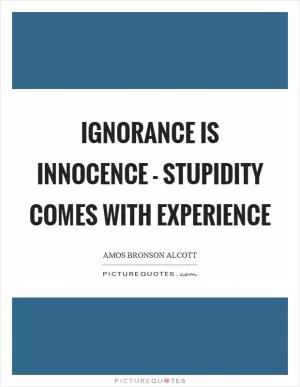
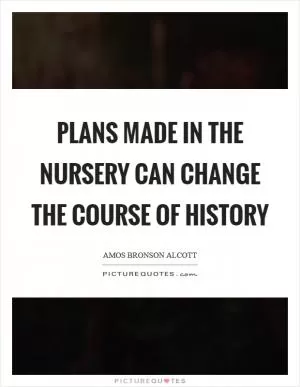


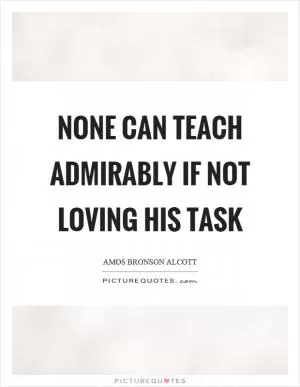
 Friendship Quotes
Friendship Quotes Love Quotes
Love Quotes Life Quotes
Life Quotes Funny Quotes
Funny Quotes Motivational Quotes
Motivational Quotes Inspirational Quotes
Inspirational Quotes